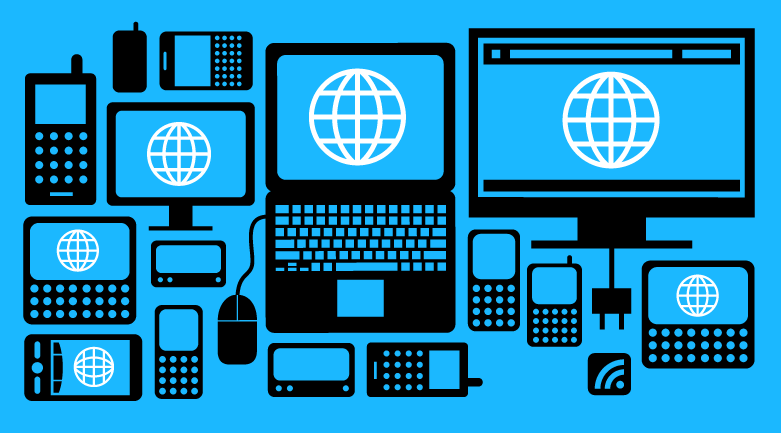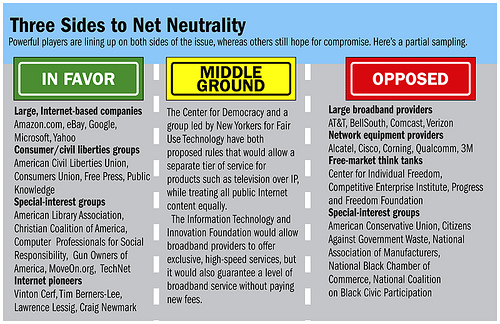
By: Josh Greene | Media Editor
November 27, 2017
December 14th. That’s when politicians vote on a proposal from the U.S. Federal Communications Commission (FCC) to remove “net neutrality.”
What exactly does this mean?
Basically, the Internet, as of its current existence, is a free service, only requiring payments to an internet service provider to access just about anything and everything it holds. So in other words, everyone has free and equal access to the internet, as long as they have a service provider.
Sounds fair, right?
Yet, FCC Chairman Ajit Pai, appointed by the current administration, has been discussing his intentions to dismantle the regulations that ensure equal access to the internet. Pai claims he supports an “open Internet” and believes that less regulation is more beneficial to market growth.
“Over the coming years, we’re going to see an explosion in the kinds of connectivity and the depth of that connectivity…Ultimately that means that the human capital in the United States…will become participants in the digital economy,” Pai said.
Why should I care?
Opponents of the proposition say Pai is merely clearing the way for internet service companies to charge users more to see certain content and to curb access to some websites—a “fast lane” and “slow lane” for the internet. Amongst these opponents include major technology tycoons Google, Amazon, Facebook, Twitter, and Netflix. (Tramadol)
What’s worse, the opponents argue, is that the proposal will hurt consumers by eliminating restrictions that block internet service providers’ ability to “throttle” users’ access.
“No Internet access provider should block or degrade Internet traffic, nor should they sell ‘fast lanes’ that prioritize particular Internet services over others. These rules should apply regardless of whether you’re accessing the Internet using a cable connection, a wireless service, or any other technology,” representatives from Google have explained.
Consumers fear for additional charges just to access different sites. For example, on top of a monthly subscription to Netflix, users could be forced to pay additional fees just to access the site with proper speed.
“There are no toll roads on the information superhighway,” former President Barack Obama stated in 2014 when discussing the value of maintaining net neutrality.
Most telecommunication companies, on the contrary, support the FCC’s recent proposal, especially those intent on replacing regulations set by the former president.
“We have stated on numerous occasions that we believe legally enforceable rules should continue to include strong transparency, no blocking, and anti-discrimination provisions,” Comcast, a proponent of the proposal, explained.

What are students saying about the issue?
“It is critical that the internet remain a hub for free information and speech,” senior Jackson Hinkle explained.
Undoubtedly, the fate of the internet boils down to one central factor: politics. Both Google and Comcast expressed similar concerns with regard to blocking and paid prioritization. Where they disagree is over how it should be enforced, whether through FCC regulation or not.
Students concerned with the fate of the internet should contact their political representatives and express their concerns prior to the December 14th vote, where this proposition is expected to pass.

Leave a Reply